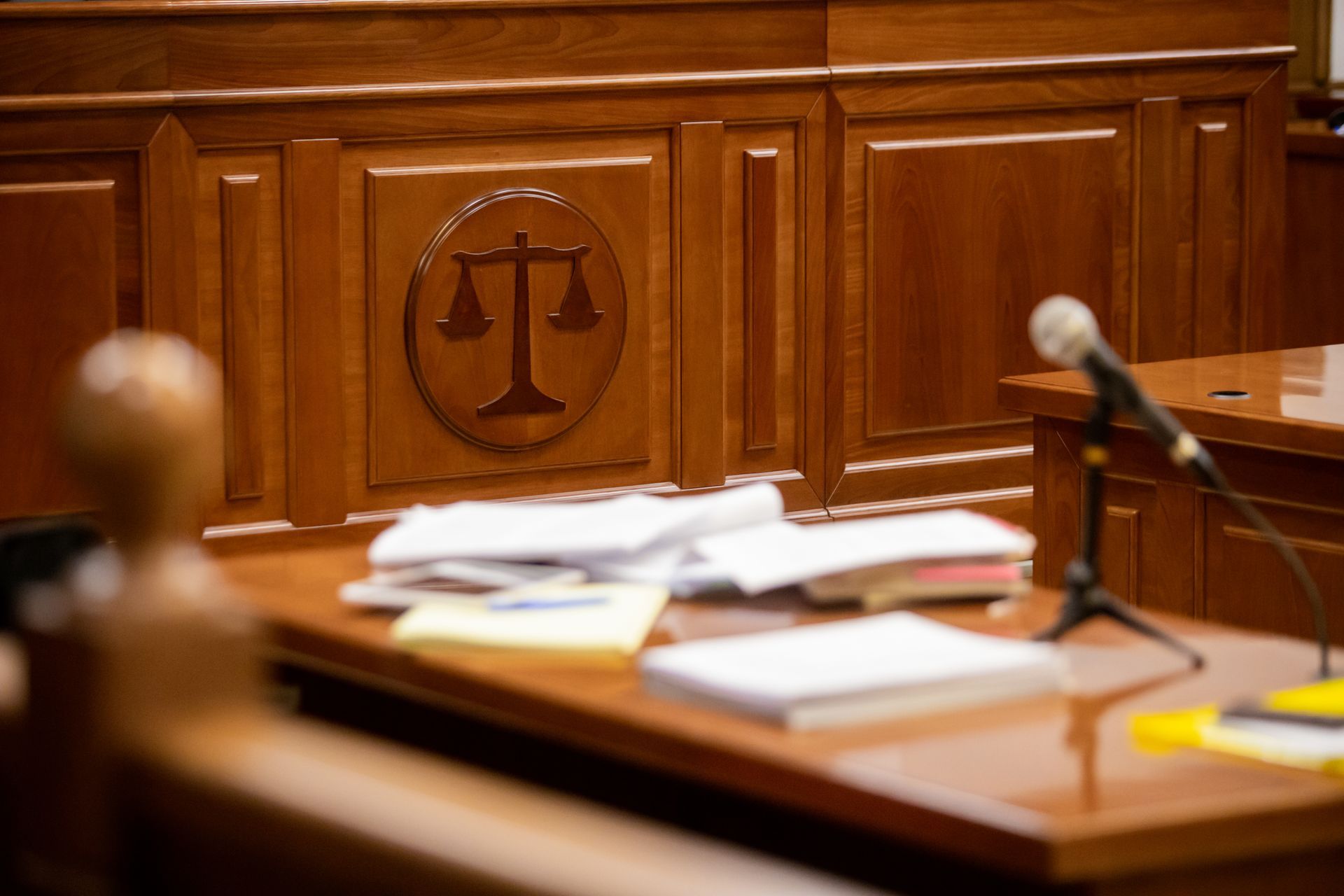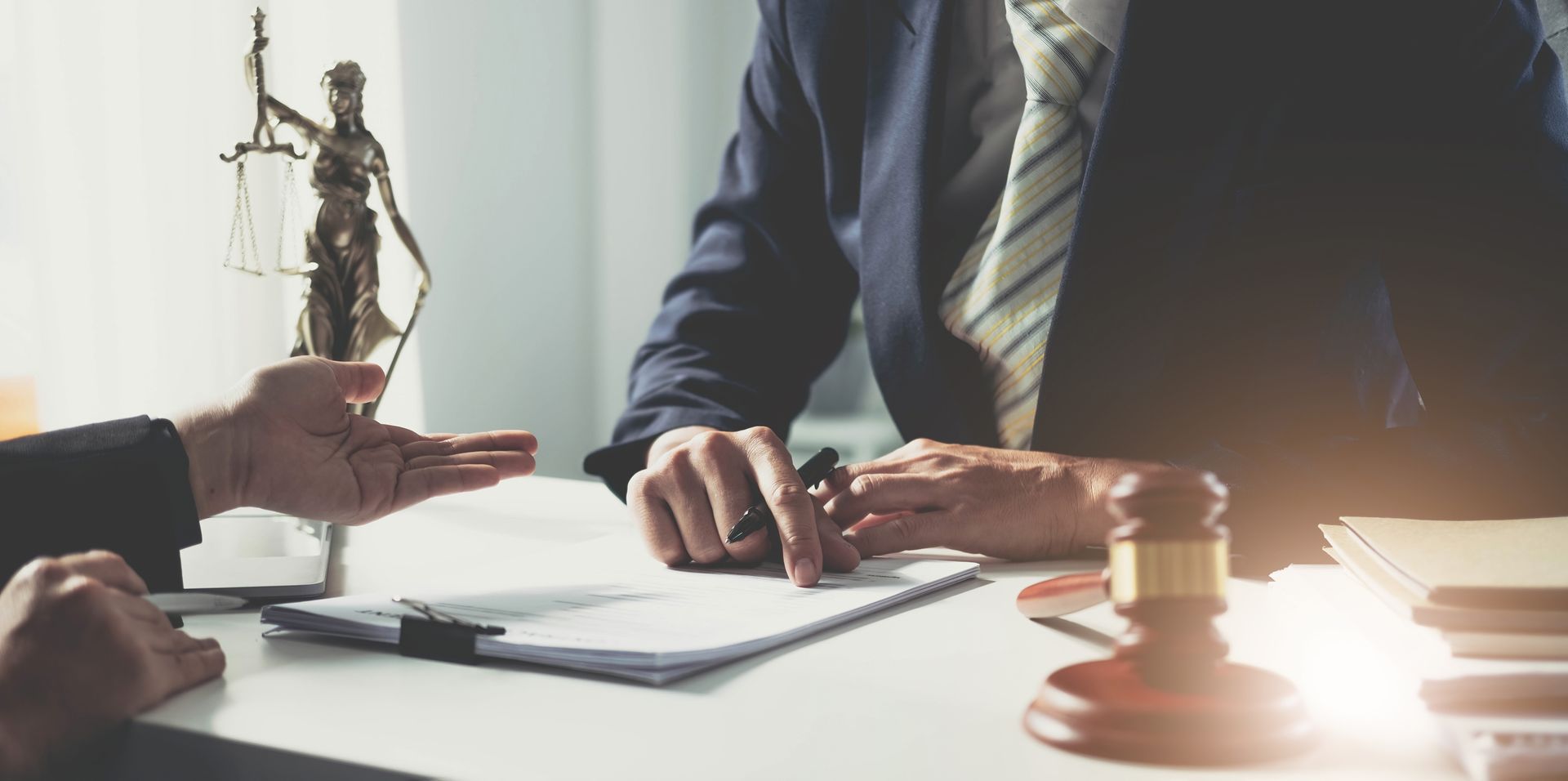Understanding the Discovery Process
The discovery process is a fundamental component of any legal proceeding. This phase allows parties to collect evidence, establish the scope of the case, and develop a strategic approach for the upcoming trial.
At my firm, we are thorough and detail-oriented, ensuring that our case strategies are robust and can withstand judicial examination.
Let’s demystify the discovery process, its importance, and its impact on the direction of a civil case. If you're seeking legal representation for a contract breach, collections dispute, or any civil matter, learn how my expertise can benefit your case. Contact me to arrange a consultation.
Tools of the Trade in Discovery
Lawyers utilize several methods to gather information during discovery. These include:
- Written Interrogatories: These are written questions requiring a written and sworn response, providing insight into witness identities, the basis of claims or defenses, and the damages sought.
- Depositions: Sworn statements taken outside of court from witnesses or parties, used to gather information and sometimes to challenge credibility during the trial.
- Requests for Admissions: Written requests asking the other party to confirm or deny specific statements, with potential implications for the trial if ignored.
- Requests for Production: These compel the other party to provide relevant documents or evidence, subject to certain legal protections.
The Role of Discovery in Litigation
Discovery serves multiple purposes:
- Evidence Gathering: It allows for the collection of documents, deposition taking, and submission of questions to uncover necessary evidence.
- Facilitating Settlements: Discovery can reveal the strengths and weaknesses of each side’s case, often leading to settlement discussions.
- Informing the Court: It provides the evidence that will be used to make or break a case.
- Streamlining Trials: Discovery helps focus on relevant facts, saving time during the actual trial.
Stages of Litigation
Civil litigation follows a structured progression:
- Investigation: Lawyers gather preliminary evidence to support the case.
- Pleading: Formal documents like complaints and answers are filed, outlining the issues in dispute.
- Discovery: Evidence is exchanged, and strategies are developed.
- Pre-Trial Motions: Legal arguments are made to resolve or narrow the issues before trial.
- Trial: Evidence and arguments are presented to a judge or jury.
- Settlement: Parties may settle the case at any point, avoiding trial.
- Appeals: Parties can challenge the trial outcome in an appellate court.
- Enforcement of Judgment: Successful parties may need to take action to collect the judgment.
Advantages of the Discovery Process
Both sides in a lawsuit benefit from effective discovery, as it provides access to critical information and clarifies the legal issues. It helps in:
- Accessing Information: Lawyers can ascertain available facts and evidence to prepare for trial.
- Obtaining Facts: Methods like interrogatories and document requests help gather facts from the opposition.
- Uncovering Evidence: Discovery can reveal new evidence beneficial for the trial.
- Evaluating Witnesses: It assists in assessing the relevance of witness or expert testimony.
- Streamlining Trial Preparation: By focusing on necessary facts, trial preparation becomes more efficient.
- Negotiating Settlements: Information gained can lead to efficient dispute resolution without court proceedings.
In summary, the discovery phase is critical for a well-informed legal strategy and achieving a fair resolution.
As your lawyer, I leverage the discovery process to protect your interests and guide your case to a favorable conclusion.
Learn More About Discovery
The discovery phase is essential in civil litigation. It's where lawyers gather key information and prepare for trial. If you have questions about discovery or need civil litigation representation, reach out to me at John F. Bradley, Jr. Attorney at Law. I am dedicated to providing my clients with the highest level of professional expertise and will gladly assist you in navigating this crucial stage of your case. Let's work together towards a successful resolution.




